Senate Pulls Off Eleventh-Hour Bipartisan Deal with Massive Spending Package
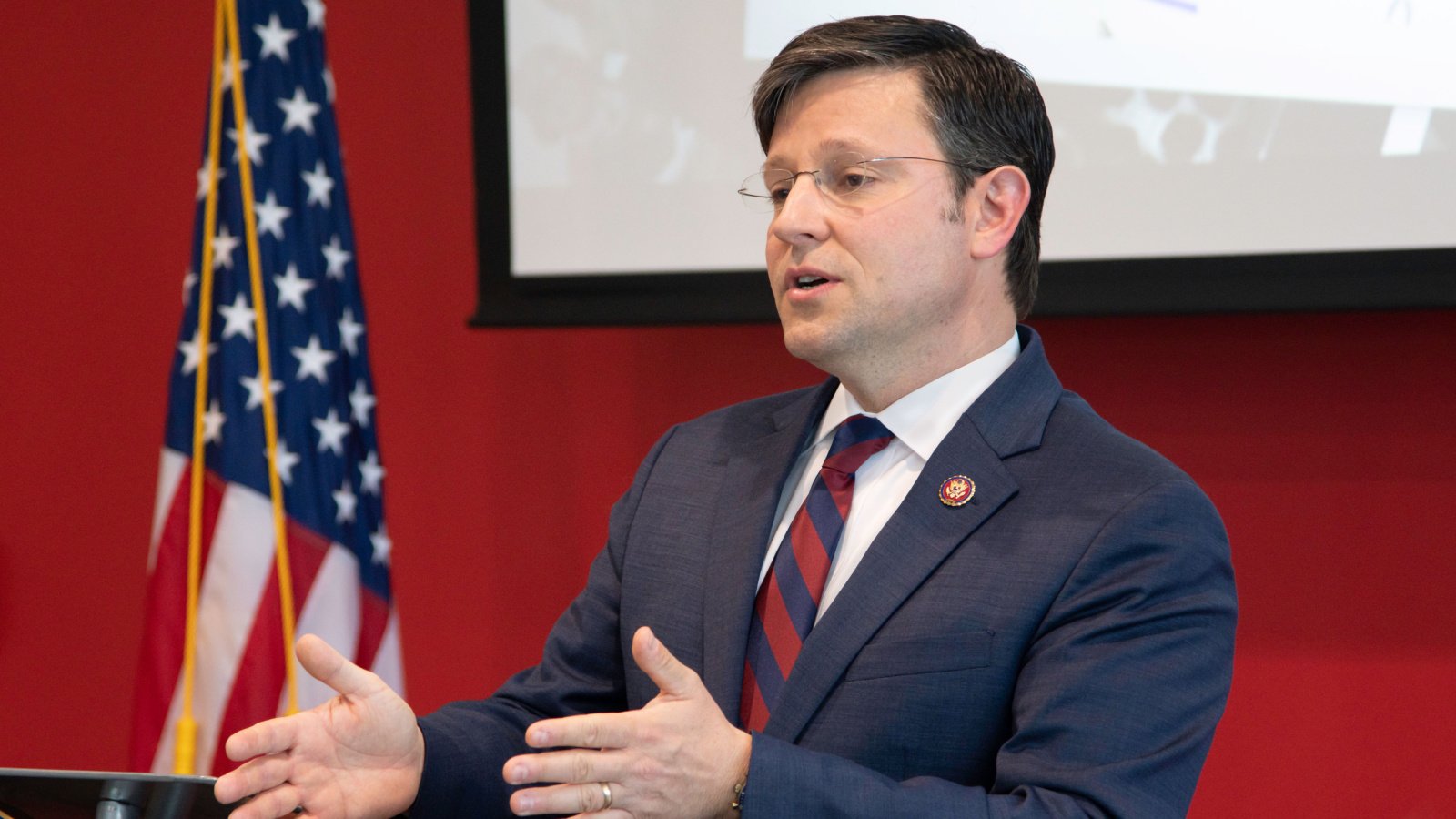
President Biden signed a $1.2 trillion spending package into law this week after it passed the Senate, averting a government shutdown. This significant legislative action, arriving almost halfway through the fiscal year, signals an end to the imminent threat of a shutdown, pushing the concern to later in the year.
The bill passed both Houses of Congress with bipartisan support.
Vote Cast in the Nick of Time

The legislation received a strong backing in the Senate with a vote of 74-24. This approval came in the aftermath of funding lapses for several agencies at midnight. Despite these lapses, the White House had halted shutdown procedures in anticipation of the bill’s passage, reflecting confidence in a positive outcome from Congress and the subsequent approval by the President.
Overcoming Political Stalemates
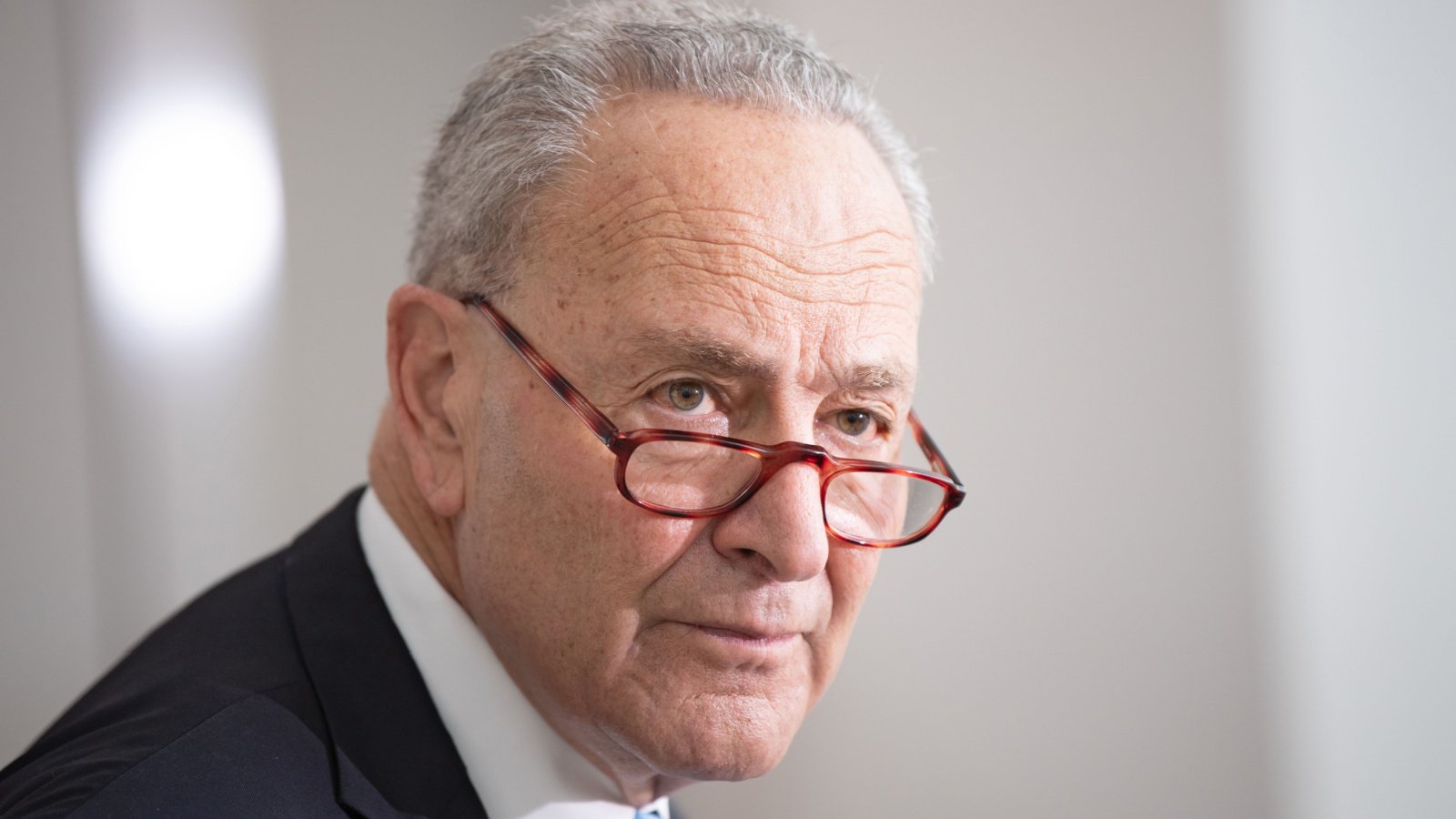
The path to agreement was fraught with political tension, particularly on Friday evening, as the threat of a short-term shutdown became more pronounced. Disputes between Republican and Democratic senators over proposed amendments had raised concerns, as any passed amendments would have to be approved by the House as well, and the House had adjourned for two weeks. However, Senate Majority Leader Chuck Schumer’s announcement of a breakthrough late into the night paved the way for the bill’s passage, highlighting the bipartisan effort to fund the government effectively.
The Path Forward

In the path of passing the legislation onto the Senate for review, House Speaker Mike Johnson (R-LA) angered many of his conservative House GOP colleagues by not giving them 72 hours to review the final spending bill before voting on it.
He further drew their ire by relying on democratic votes for passage rather than vying for the votes of the Freedom Caucus. In response, Rep. Marjorie Taylor Green (R-GA) began discussions of ousting Johnson when the House readjourns in two weeks. Johnson maintains that the resulting funding bill “represents the best achievable outcome in a divided government.”
Funding Scope and Allocation

The bill’s passage followed earlier approvals for departments such as Veterans Affairs, Interior, and Agriculture. Yet, this latest approval is more comprehensive, extending funding to crucial sectors like Defense, Homeland Security, and State departments, ensuring the continuation of general government operations.
The House had previously passed the bill, dedicating a substantial portion of the budget toward defense spending.
Bipartisan Efforts and Republican Dissent
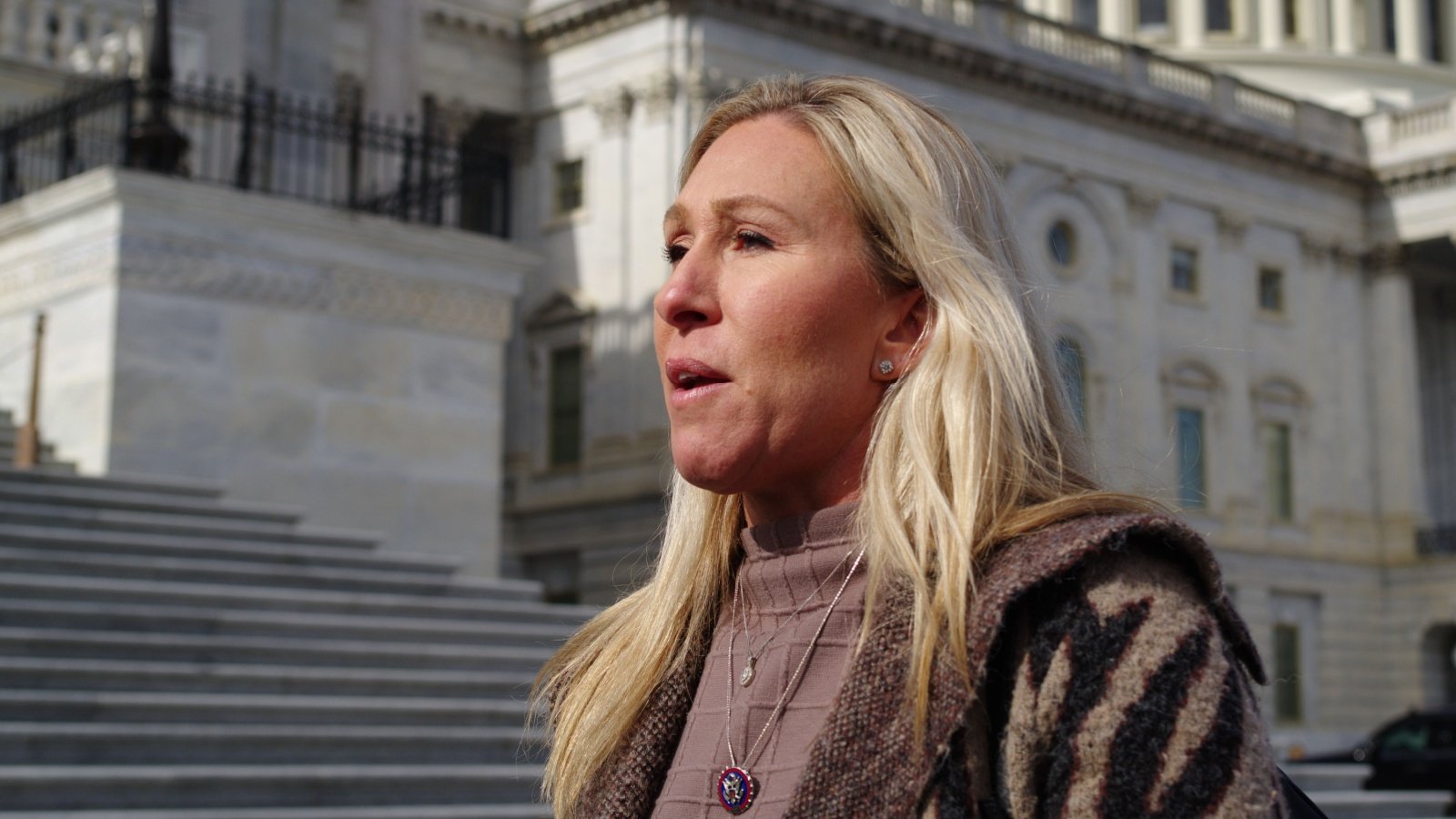
Despite the overall success, the process illuminated divisions within the Republican party, particularly concerning the bill’s content and the expedited manner of its voting. House Speaker Mike Johnson faced criticism from within his party, though he defended the bill as the best outcome achievable under a divided government.
This internal discord was further exemplified by Rep. Marjorie Taylor Greene’s challenge to Johnson’s leadership, reflecting the party’s ongoing internal conflicts.
Leadership Challenges and Strategy

The leadership’s strategy is to break the fiscal year’s budget into two segments, aiming to avoid the pitfalls of a massive omnibus bill. However, this approach did not fully mitigate Republican concerns about the inclusion of their policy priorities and the level of spending. The negotiation process, influenced by conservative demands for stricter policies and budget cuts, necessitated multiple temporary funding measures to keep the government operational.
Total Spending and Budget Implications

When combined, the two legislative packages bring the fiscal year’s discretionary spending to approximately $1.66 trillion. This figure excludes mandatory programs like Social Security and Medicare.
The package includes measures aimed at garnering Republican support, such as increased funding for immigration detention and border security, alongside Democratic victories in education and health research funding.
Congressional Negotiations and Outcomes

The prolonged negotiation period, characterized by demands for more restrictive policy measures and significant budget cuts, led to the reliance on several stopgap spending bills. These measures were essential in preventing a government shutdown while lawmakers negotiated the details of the final spending packages.
Key Provisions for Republican Support

To secure Republican backing, the spending package highlighted increases in detention beds for migrants and additional Border Patrol agents. These provisions represent a compromise, reflecting the ongoing debate over immigration policy and border security within the context of federal spending.
Democratic Priorities in the Budget

Democrats secured funding increases for key social programs, including a significant boost for Head Start programs and new childcare centers for military families. The package also emphasized additional funding for cancer and Alzheimer’s research, showcasing the party’s commitment to health and education.
Legislative Challenges and Successes

The crafting of the spending package was marked by intense negotiation, with both parties working to include their priorities while adhering to fiscal constraints. Senators Patty Murray and Susan Collins both highlighted the difficult nature of these negotiations, with Collins specifically noting the conservative approach taken in non-defense spending, adjusted for inflation.
Fiscal Responsibility and Future Projections
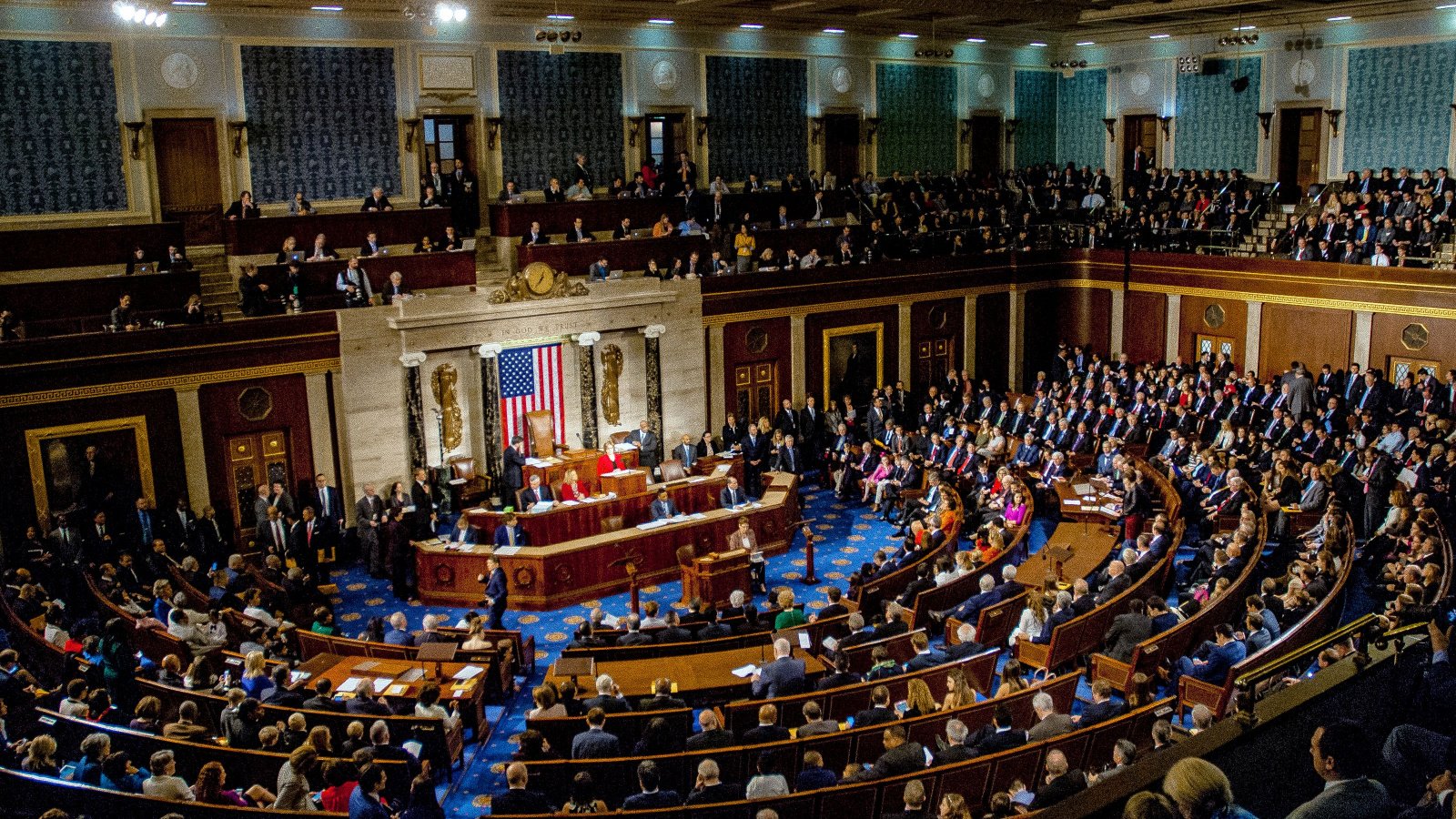
The spending package aligns with a previous fiscal agreement designed to limit government spending over two years while allowing the federal government to continue meeting its financial obligations. This agreement is projected to result in significant savings for the federal government over the next decade, emphasizing the long-term fiscal impacts of the current budgetary decisions.
Looking Ahead
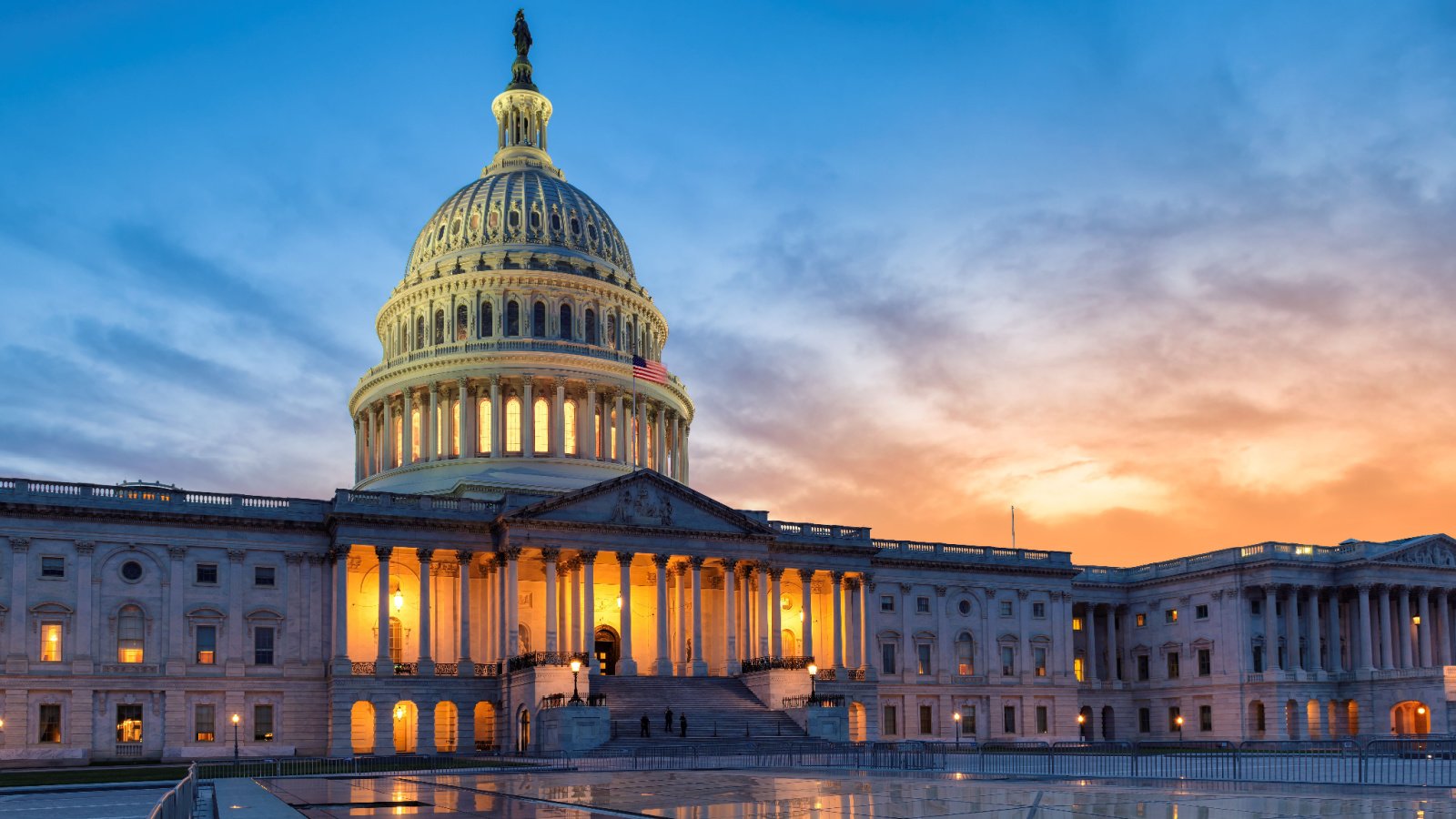
The approval of this spending package represents a moment of bipartisanship in an otherwise divided Congress. As the government moves forward, the implications of this budgetary action will be felt across various sectors, from defense to health research, marking a significant achievement in the legislative process.

Juliet Potrykus
Juliet Potrykus is a distinguished writer with expertise in political news, public policy, and legislation, boasting a decade of Capitol Hill experience in Washington, D.C. She holds a Master's Degree in International Relations and American Politics from George Washington University. Now based in Washington state with her family, Juliet continues her advocacy on critical issues like immigration, education, and constitutional matters. Reach out to Juliet at [email protected].
